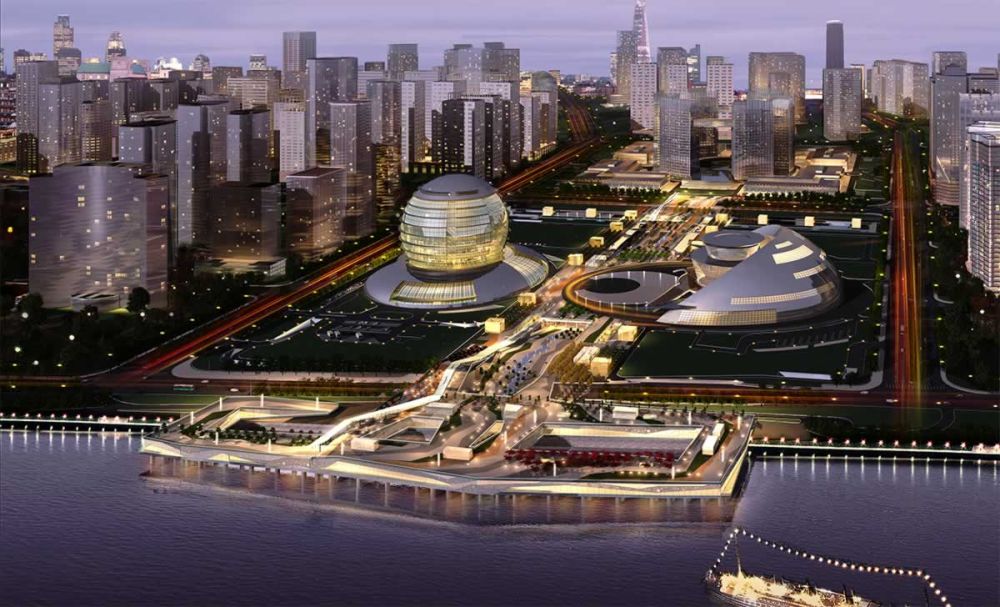

Hangzhou, the capital of China’s Zhejiang province, encapsulates a rich heritage and scenic beauty that have enticed travelers for centuries. Known for its historic relics and natural beauty, it has been one of China's most renowned and prosperous cities for much of the last millennium. The city's tourism history is deeply intertwined with its cultural and natural landmarks, the most famous being the West Lake.
The history of tourism in Hangzhou can be traced back to the Southern Song Dynasty (1127-1279), when the city served as the dynasty's capital. It became a bustling center for culture and commerce, drawing visitors from far and wide. The renowned Italian explorer Marco Polo visited Hangzhou in the late 13th century and described it as "the finest and most splendid city in the world."
The legendary West Lake is a central pillar in Hangzhou's tourism history. Its cultural significance stems from the numerous poets, artists, and scholars that have been inspired by its beauty and who, in turn, have contributed to its fame throughout China's history. In 2011, West Lake was designated a UNESCO World Heritage site, acknowledging its influence on Chinese garden design and its role in cultural and historical exchanges.
The 20th and 21st centuries have seen Hangzhou evolve into a modern tourist destination while preserving its historical charm. The development of high-speed trains connecting Hangzhou to major cities like Shanghai has made accessible its rich culture and picturesque landscapes to a wider audience.
In recent years, Hangzhou has invested heavily in the tourism sector, embracing technology to improve the visitor experience. The introduction of smart tourism uses apps and virtual reality to provide tourists with information and interactive experiences highlighting the city's historical and cultural assets.
Ecotourism has also taken hold, with the local government undertaking steps to preserve Hangzhou’s natural environments, particularly around West Lake and the surrounding tea plantations. Additionally, Hangzhou has become a popular destination for international events and conferences, such as the G20 summit in 2016, further increasing its visibility on the world stage.
Hangzhou's blend of illustrious history, breathtaking scenery, and modern innovation continues to make it a magnet for domestic and international tourists alike. As this city preserves its past while looking to the future, the tourism industry is sure to thrive, inviting visitors to experience Hangzhou's age-old traditions and contemporary developments first-hand.